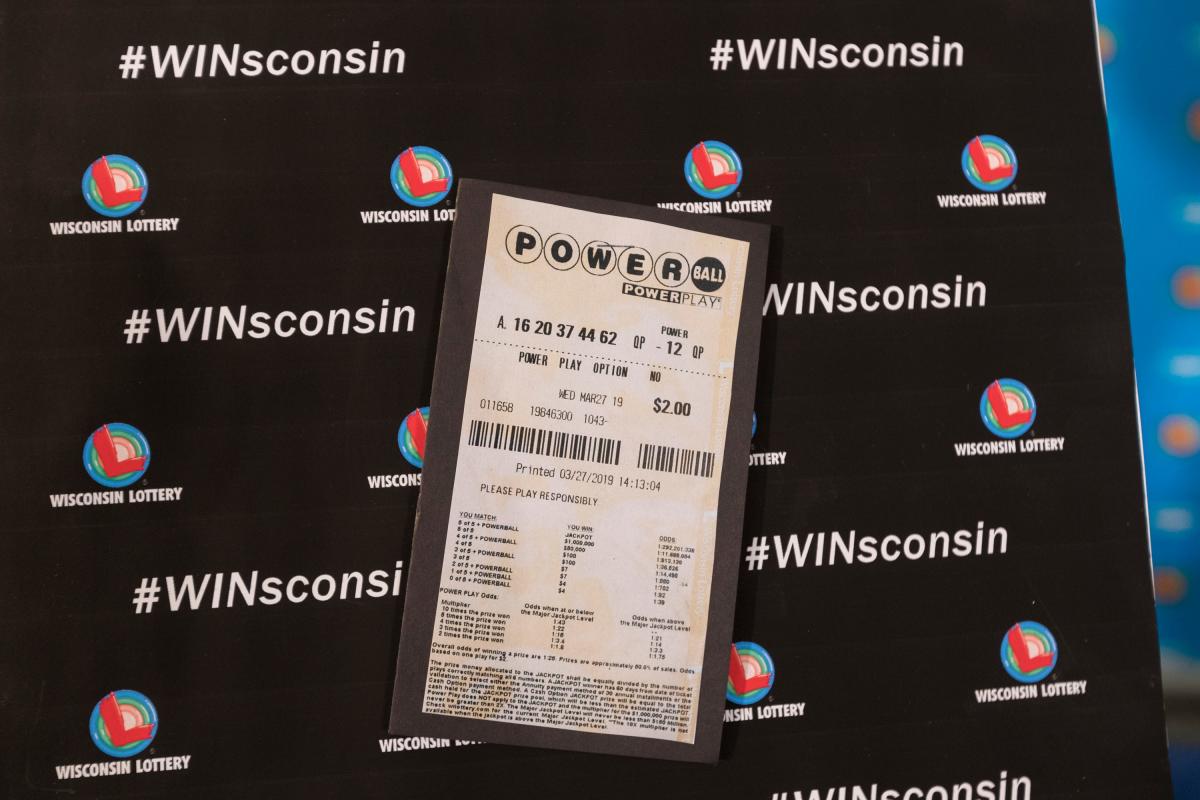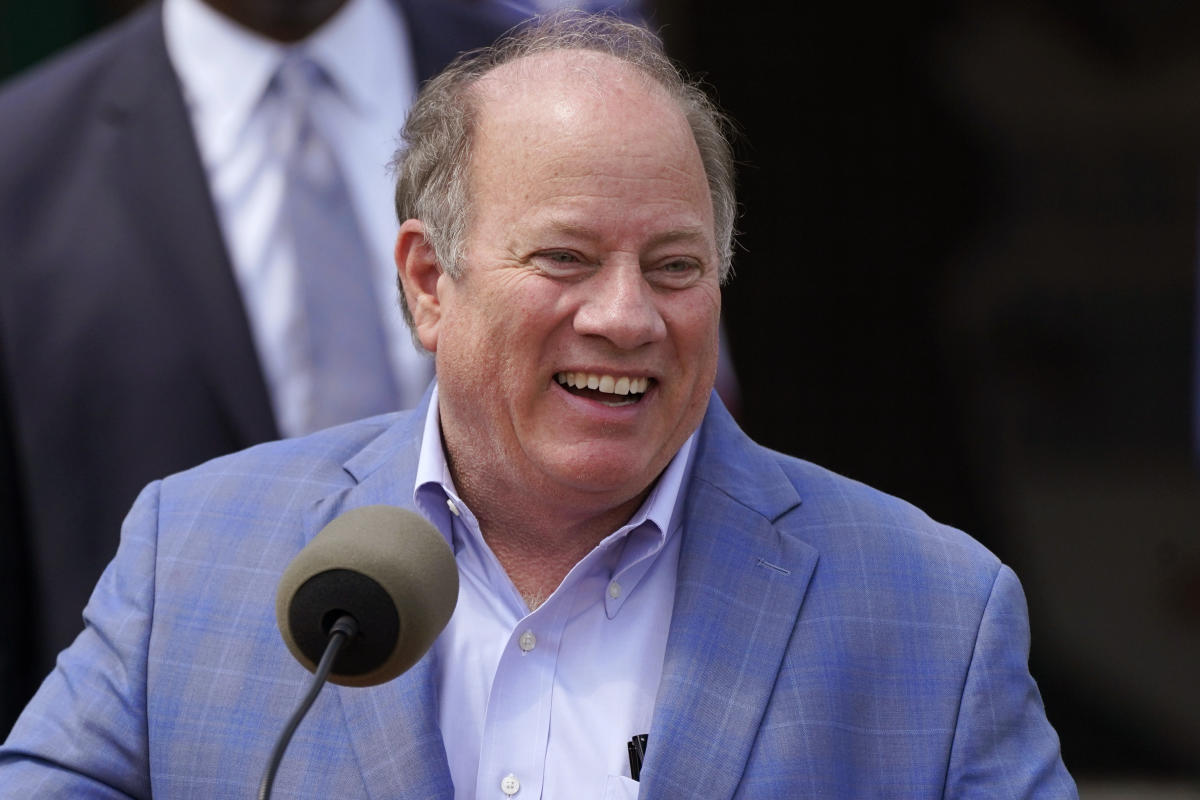You may have expected mortgage rates to decrease after the Federal Reserve announced a 50-basis-point cut to the federal funds rate yesterday — but that’s not what happened. According to Zillow data, almost all mortgage rates have increased since the Fed announcement. The 30-year fixed mortgage rate has risen six basis points to 5.64%, the 15-year fixed rate is up 11 basis points to 4.97%, and the 5/1 ARM rate has also inclined by 11 basis points to 6.09%.A lot of factors affect mortgage rates other than the federal funds rate. It’s possible mortgage lenders don’t want to drop their rates too suddenly and start a surge of mortgage applications all at once. Regardless, even though today’s rates have inched up, it shouldn’t be long before mortgage rates start decreasing again. When the Fed lowers the fed funds rate, mortgage rates tend to follow suit.So, while it might not be the day to lock in a mortgage rate, it could be a good time to start shopping for houses.Learn more: Fed cuts interest rate by half point, signals two additional cuts this yearToday’s mortgage ratesHere are the current mortgage rates, according to the latest Zillow data:30-year fixed: 5.64%20-year fixed: 5.42%15-year fixed: 4.97%5/1 ARM: 6.09%7/1 ARM: 6.02%5/1 FHA: 4.69%30-year VA: 5.04%15-year VA: 4.68%5/1 VA: 5.61%Remember, these are the national averages and rounded to the nearest hundredth.Learn more: 5 strategies to get the lowest mortgage ratesToday’s mortgage refinance ratesHere are today’s mortgage refinance interest rates, according to the latest Zillow data:30-year fixed: 5.91%20-year fixed: 5.84%15-year fixed: 5.12%5/1 ARM: 6.03%7/1 ARM: 5.88%5/1 FHA: 4.51%30-year VA: 5.18%15-year VA: 5.00%5/1 VA: 5.39%As with the purchase mortgage rates, these are national averages we’ve rounded to the nearest hundredth. Keep in mind that refinance rates are usually higher than purchase mortgage rates.Monthly mortgage payment calculatorYahoo Finance has a free mortgage payment calculator to help you see how various mortgage rates will impact your monthly payments.Our calculator goes even deeper by including factors like homeowners insurance and property taxes in your calculation. You can even add private mortgage insurance costs and HOA dues if they apply to you. These monthly expenses, along with your mortgage principal and interest rate, will give you a realistic idea of what your monthly payment could be.How does the Federal Reserve impact mortgage rates?The Federal Reserve and federal funds rate don’t directly impact mortgage rates the way they do interest rates on your savings accounts, personal loans, or auto loans. That’s because mortgages are longer-term financial products — typically 15, 20, or 30 years.The federal funds rate more closely tracks the 10-year Treasury yield, which has historically moved in tandem with longer-term rates such as — you guessed it — mortgage rates.So, when the Federal Reserve lowers the federal funds rate, mortgage rates tend to follow suit. Economists had been expecting the Fed to cut the fed funds rate at yesterday’s meeting, so the 10-year Treasury yield and mortgage rates have been decreasing for weeks.Now that the Fed has dropped its rate more significantly than anticipated — by 50 basis points instead of 25 — mortgage rates should continue to trend downward overall. The Fed has also indicated it will slash rates two more times in 2024, another sign that mortgage interest rates should fall.Dig deeper: How does the Federal Reserve rate decision affect mortgage rates?How are mortgage rates determined?Two categories determine mortgage rates: ones you can control and ones you cannot control.What factors can you control? First, you can compare the best mortgage lenders to find the one that gives you the lowest rate and fees.Second, lenders typically extend lower rates to people with higher credit scores, lower debt-to-income (DTI) ratios, and considerable down payments. If you can save more or pay down debt before securing a mortgage, a lender will probably give you a better interest rate.What factors can you not control? In short, the economy. (And yes, this is where the Fed and federal funds rate come in too.)The list of ways the economy impacts mortgage rates is long, but here are the basic details. If the economy — think employment rates, for example — is struggling, mortgage rates go down to encourage borrowing, which helps boost the economy. If the economy is strong, mortgage rates go up to temper spending.With all other things being equal, mortgage refinance rates are usually a little higher than purchase rates. So don’t be surprised if your refinance rate is higher than you may have expected.30-year vs. 15-year fixed mortgage ratesTwo of the most common mortgage terms are 30-year and 15-year fixed-rate mortgages. Both lock in your rate for the entire loan term.A 30-year mortgage is…
Related Posts

The Powerball on Monday, September 9, 2024 is a jackpot of $121 million. Check your numbers! | The Times Of Update
Did Powerball Make You an Overnight Millionaire? After no one matched all five numbers and the Powerball on Saturday, September 7, the grand prize increased to $121 million for the drawing on Monday, September 9. Monday’s Powerball winning numbers were 1-16-21-47-60 and the Powerball was 5. The Power Play was 3x. Saturday’s Powerball winning numbers […]

Detroit Mayor Duggan Highlights Political Argument Behind Vice President Harris’ Run for President | The Times Of Update
DETROIT (AP) — Detroit Mayor Mike Duggan is on the campaign trail. But not for himself. The three-term mayor, who has been floated as a potential Democratic candidate for Michigan governor, knows the value of his majority-black city’s support for Vice President Kamala Harris in November’s presidential election. Duggan, like other big-city mayors across the […]

Republican Representative Spends Thousands of Taxpayer Dollars to Promote… Less Government Spending | The Times Of Update
WASHINGTON — Rep. David Schweikert (R-Ariz.) presents himself as an advocate for cutting government spending and promoting fiscal responsibility. As vice chairman of the Joint Economic Committee, Schweikert regularly denounces excessive spending. “You see tax revenues are up, but our expenses are up sharply,” he said. a lively speech in the House of Representatives In […]